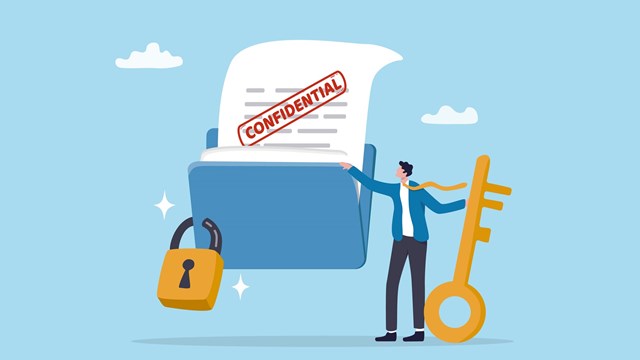
Q. I own a unit in a large (100+ units) condominium. I understand that the association is required to maintain a current roster of residents, both owners and renters. As an owner, do I have a right to access that list? What information am I able (and/or not able) to see?
—Not Just a Nosy Owner
A. According to Scott Eriksen, partner at Perkins & Anctil, PC, in Westford, Massachusetts, “As association advisors, we are often asked about a board’s duty to disclose information to unit owners, and I have certainly handled questions very similar to this: What duty does a board have to disclose information about other residents (owners and renters)? In Massachusetts, there are two primary sources of unit owner rights when it comes to accessing condominium records: the governing documents of the community and the condominium statute (M.G.L. c.183A).
“It would be unusual for condominium documents to expressly require a board to provide residents with a ‘roster’ of other residents’ information; however, we certainly advise all clients to carefully review their documents for any express provisions along these lines. As for the statute, in this case we take the position that a ‘roster’ of residents’ information is not among the list of records to which owners are entitled. M.G.L. c.183A, Section 10(c) expressly identifies the types of condominium records that all owners are entitled to review. This list includes: the condominium documents, the minute book (as maintained), financial records (including bank statements, payment records, etc.), contracts and insurance policies. Accordingly, unless the specific governing documents say otherwise, it is our opinion that the board is under no obligation to divulge a ‘roster’ along the lines of what is sought here.
“Assuming there is no obligation under the documents, we advise our community association boards and managers not to divulge resident information to other residents, even if it is public information or otherwise unprotected/unprivileged. Unfortunately, the maxim of ‘no good deed goes unpunished’ is instructive in this guidance, and we generally believe that the risks of grievance or even potential claims associated with disclosing such information outweigh the benefit of providing the information. In certain situations, if residents push for public information (names and addresses only) we have counseled our clients to make that information available in order to mitigate against threats of lawsuits.
“We recognize that this is a conservative approach and perhaps unsatisfactory (especially to the individual posing this question), but as community advisors, our primary objective is to mitigate and manage costs and potential risks to boards where we see them.”









Leave a Comment